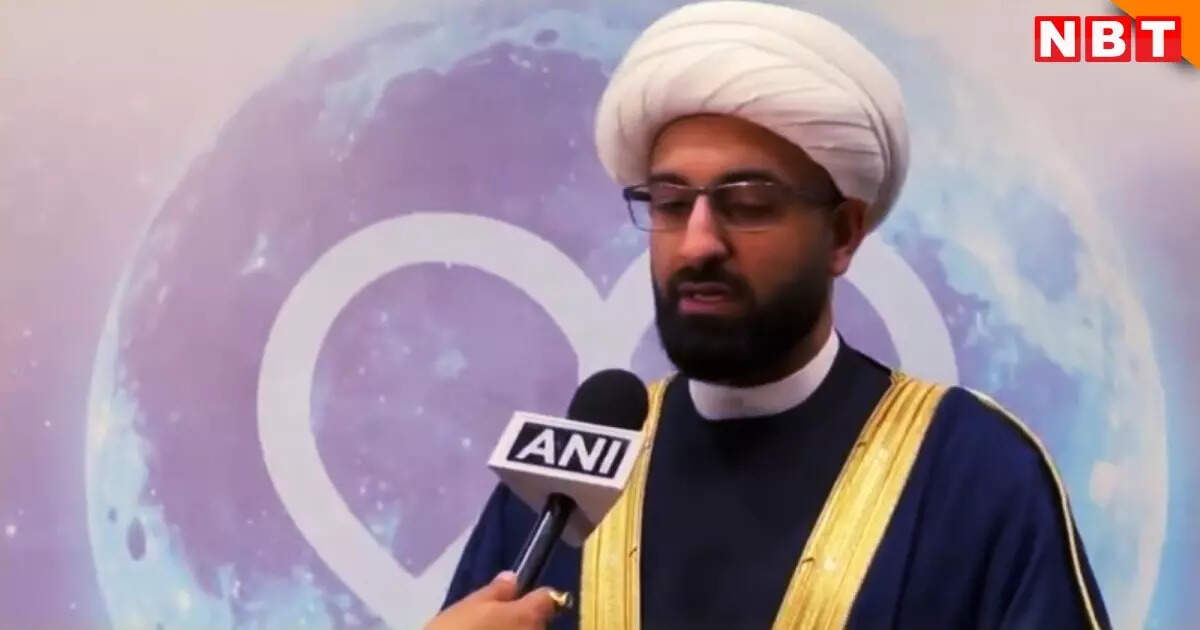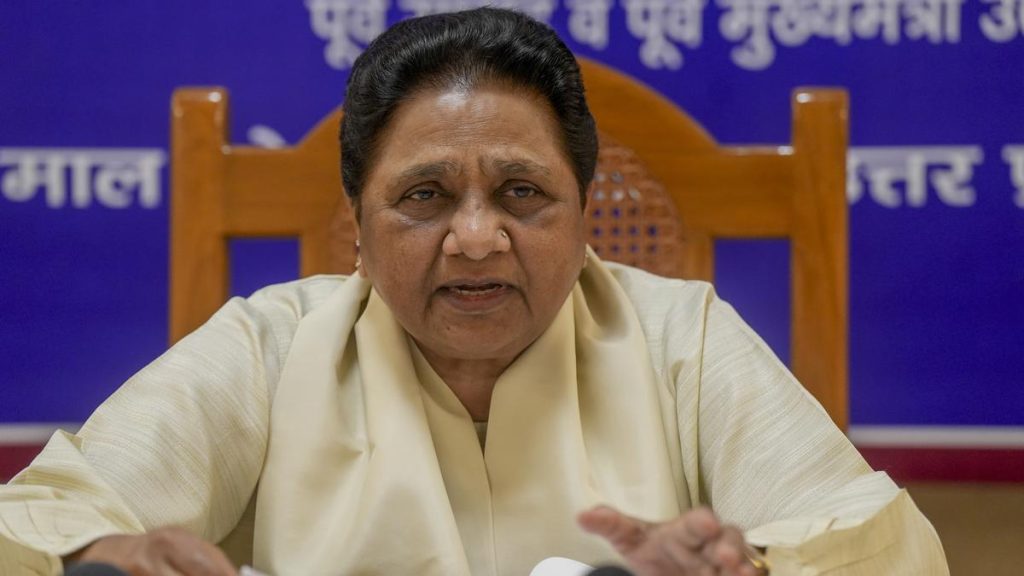Now Reading: मुस्लिम समुदाय वक्फ बोर्ड पर UAE मॉडल अपनाए: ग्लोबल इमाम काउंसिल सदस्य
-
01
मुस्लिम समुदाय वक्फ बोर्ड पर UAE मॉडल अपनाए: ग्लोबल इमाम काउंसिल सदस्य
मुस्लिम समुदाय वक्फ बोर्ड पर UAE मॉडल अपनाए: ग्लोबल इमाम काउंसिल सदस्य

Rapid Summary
- Background: Discussions about transparency and social service of Waqf Boards across Muslim nations are frequent. Concerns over their functioning have been raised globally.
- Statement by GIC Member Mohammad Tawhidi:
– Tawhidi advocated for Waqf Boards to focus on serving Islam, Muslims, society, and humanity.
– highlighted UAE’s Waqf Board model as a professional institution working within legal frameworks with high respect in society.
– Described UAE as a “role model” in managing religious affairs equitably for mosques, temples, churches, and other worship places under unified law without special privileges for any community.
- Critique of Special Treatment: He questioned the necessity of religious-based laws offering separate treatment to specific groups and emphasized equity under existing laws.
- Call for Progressiveness: Tawhidi urged that Waqf institutions should aim for inclusivity rather than communal polarization.
Indian Opinion Analysis
Tawhidi’s statements offer a notable viewpoint on the desired role and operation of India’s Waqf Boards amidst continued debates over their accountability. His emphasis on adopting progressive models like those seen in the UAE highlights possibilities to bridge communal divides through inclusive policies. This viewpoint may help foster discussions around reforms ensuring equitable treatment without privileging specific communities.For India, where pluralistic values are foundational yet challenged by complexities of identity politics, aligning institutional practices with common legal frameworks could strengthen societal harmony while maintaining constitutional principles. Such discourse underscores the importance of transparency-driven governance in bodies overseeing shared societal resources.


























